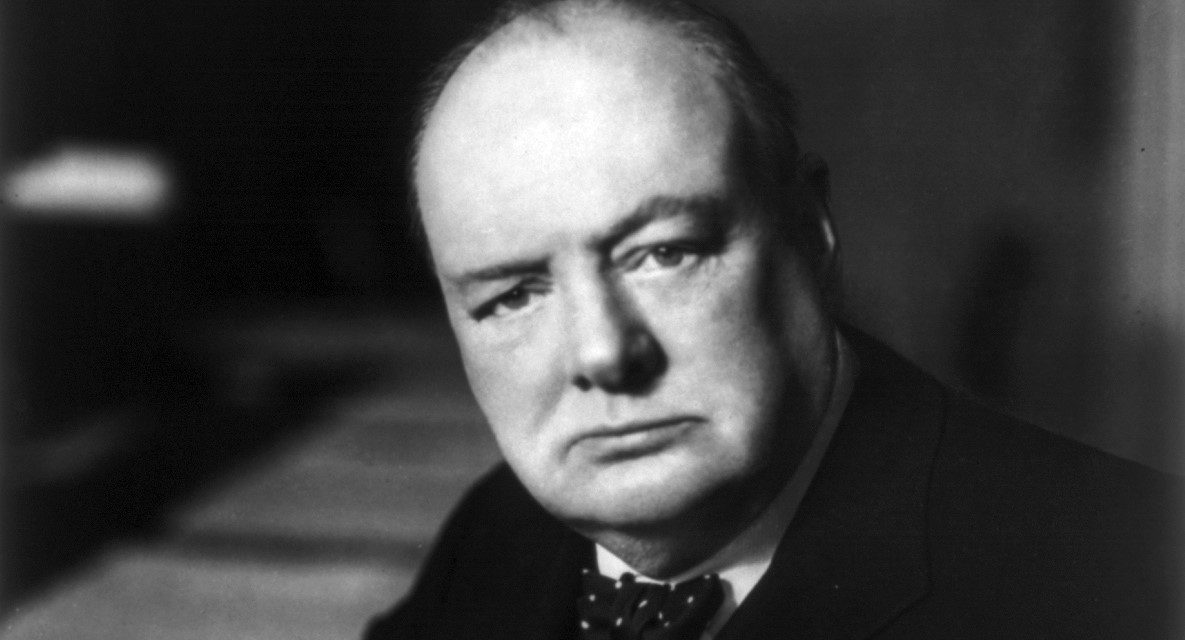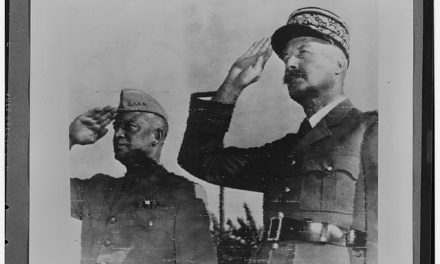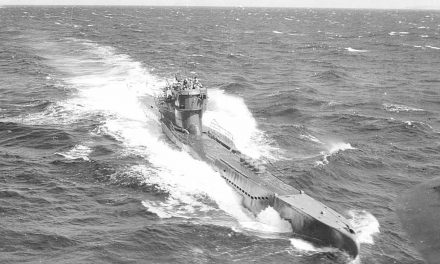Winston Churchill, Prime Minister of Great Britain, presented a plan yesterday that would bring together the United States, Great Britain, and the U.S.S.R. as global leaders after the war.
The Prime Minister gave this speech addressing the annual meeting of the Central Council of Conservative and Unionist Associations, the leaders of the British Conservative “Tory” Party.
In this speech, he did not claim the war was over, or even nearly over. However, the language of his speech indicated that he was hopeful for the positive coalition against the atrocities of the Nazi regime. He left China out of this powerful collaboration, indicating that the country would not be a stronghold in reconstructing global relationships.
“Speaking under every reserve and not attempting to prophesy, I can imagine that some time next year—but it may well be the year after—we might beat Hitler,” Churchill said. “By which I mean beat him and his powers of evil into death, dust and ashes.”
The predictions Churchill made in his speech seem extremely bold, considering the state of the war. Japan and Germany had been winning a disheartening amount of battles. German superiority on water and their vast expansion on land demonstrated the power and control that Germany could hold on Europe. Compared to the Great War, the Allied Powers have an unprecedented number of sea lanes and borders to control, making them more susceptible to U-boat targeting. Since January of this year, German and Italian U-boat campaigns have destroyed an estimated 500,000 tons of Allied materials.
However, since the United States entered into the war four months ago, the Allies certainly continue to benefit from a heavily contributing manufacturing power and a large army and naval force.
“Workshop and fighting line are one.” Churchill said. “We may fall, all will stand, together. We must aid each other. We must stand by each other.”
And after the war? Churchill placed the burden of world policing on the three leading Allied powers. He gave these three countries responsibility for the welfare of the entire world in addition to the welfare of their own people and suggested the creation of regional councils (Europe and Asia) to promote the collaboration against total war. His plan calls for one global council and regional councils. Although unspecific about regional councils, Churchill went into some detail about the makeup of a global council, drawing inspiration from the (unsuccessful) League of nations.
“Certainly we must take as our foundation . . . [the] law and morality which was the spirit of the League,” Churchill says, referencing the League of Nations. He explained the primary focus of a European Council. “We must try—I am speaking, of course, only for ourselves—to make the Council of Europe…into a really effective League with all the strongest forces concerned woven into its texture,” which would eventually envelope all of Europe.
Churchill states that to prevent further wars, the three leading nations, the United States, Soviet Russia, and Britain, should create a world organization which would unite many more than just the initial three – starting with (ideally) all of Europe, which sounds remarkably similar to the League of Nations.
Looking back at the precedent set by the League of Nations, Churchill’s high hopes become meaningless. The victorious powers of the Great War, Great Britain, United States, France, and Russia created the organization in Geneva, Switzerland in 1919 to enforce the Treaty of Versailles. Not only did the League of Nations provide no binding contract to its members and the United States, (a leading world power) rejected membership. Its very purpose was to prevent a second Great War. Well, folks. Here the Allies are, in a global war, faced with the same aggression and conflict the League of Nations was created to directly combat. Churchill left these facts out of his speech.
On the previously mentioned “morality” of this future agreement. How can Churchill guarantee that the U.S.S.R, led by communist Joseph Stalin, even agree with the “morality” that the western world stands for? Churchill’s plan urges the three most powerful nations, Great Britain, the United States, and the Soviet Union, to work together for democratic ideals. The problem is assuming that every major power will agree on the “correct” methods of governing, what is a reasonable amount of aggression, and how to lead a peaceful and free world. It is unlikely that a global council would be in favor of reaching toward similar, democratic goals, or in promoting a unified and promotable ideology, specifically one that includes the U.S.S.R.
Sources:
“Churchill to the World.” (3/29/1943) Time. Vol. 41 Issue 13, p20. 2p.
The Associated Press. (27 Mar 1942:) “Some Success Is Predicted By Churchill: Cautiously, He Says 1942 Will Not See Only Allied Losses Churchill Predicts Some Successes,” The Washington Post. Page 1.
http://search.proquest.com/docview/151504671/78C2C4DBA49A4B4CPQ/1?accountid=13793
Mark Sullivan, (Apr 1, 1942). “Allied Ship Losses: Necessitate Increased Construction.” The Washington Post.
http://search.proquest.com/docview/151578996/78C2C4DBA49A4B4CPQ/5?accountid=13793
RAYMOND DANIELL, (Mar 27, 1942) “CHURCHILL ADMITS REVERSES AT SEA: But It Is ‘Only for the Time Being,’ He Says in Realistic War Review for Party CHURCHILL ADMITS REVERSES AT SEA,” The New York Times. p. 1
http://search.proquest.com/docview/106420629/78C2C4DBA49A4B4CPQ/3?accountid=13793





